Extended Producer Responsibility
- What is EPR?
- How does it work?
- Who needs to comply?
What is EPR?
Extended Producer Responsibility (EPR) is a policy that holds makers of products accountable for their entire life cycle. It’s about more than just creating goods; it’s about taking responsibility for recycling or properly disposing of them once they’re no longer useful. This policy lets companies think about the environment when they design their products, leading to goods that are easier to fix, recycle, and kinder to the planet long after they’ve served their purpose.
Why do I need EPR?
In the EU, a European directive makes Extended Producer Responsibility (EPR) mandatory for e-commerce sellers, directly impacting e-commerce businesses. By 2024, all EU countries will enforce EPR, making it essential for online sellers to adapt.
Compliance varies by country, but adhering to these laws isn’t optional—it’s a requirement for operating your e-commerce business within the European Union.
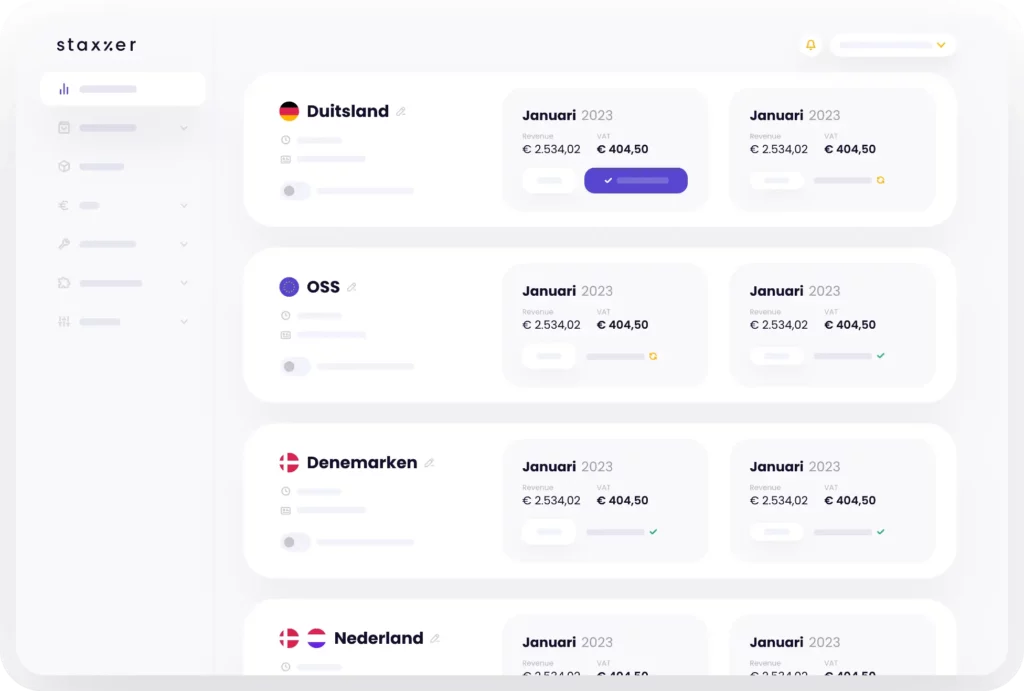
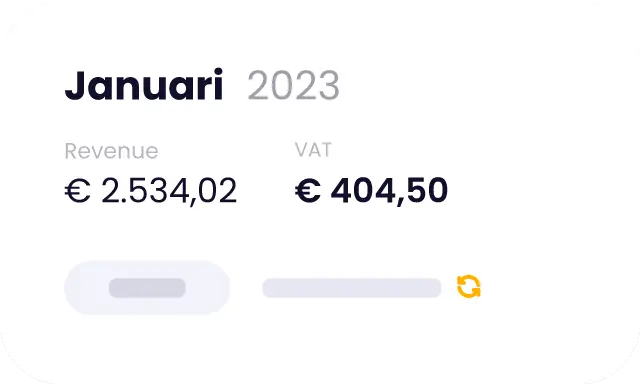
How does the EPR process work?
Typically, the EPR process involves registering with the right authorities, documentation and filings. EPR schemes usually require periodic reporting on the amount and type of packaging you put on the market.
That’s why you’ll have to categorize your products and packaging. Based on this data, you’ll pay fees that fund the collection, sorting and recycling of your (e.g.) packaging waste.
Remember, the specific steps can vary depending on the country, so always check the local regulations.
Why EPR matters
Protect the environment
EPR helps prevent waste and environmental damage by making producers accountable for their products from start to finish. This nudges them towards greener designs, safeguarding resources and the planet.
Capital support
EPR fees fund the recycling process, helping build the infrastructure needed to manage waste better. This support is essential for advancing eco-friendly technology and practices.
Internalise costs
EPR makes producers factor the environmental costs of their products into the selling price. This encourages sustainable innovation by having them pay for waste management, aligning their financial interests with environmental stewardship.
How does an EPR application work?
Indicate where you want to be EPR compliant
We can arrange it in any EU country.
We do the tricky paperwork and calculations
If you tell us what kind of products and packaging you work with.
Successful,
you are compliant!
Then you can get back to selling worry-free.
Want to outsource your EPR filings?
We’re happy to take on the task. All we need is information on the products you sell, and what packaging they come in.
What does Staxxer need?
- Type of materials
- Quantity of materials
- Recycling information
Overview for each country
| Registering mandatory from | Name of the register | Additonal obligations on products | Maximum fine | |
| 0 g | LUCID | No | €200.000 | |
| 0 g | ADEME | No | €100.000 | |
| 300 kg | IVC | No | €2.000.000 | |
| 0 g | ECOEMBES | Green Dot | No maximum | |
| 300 kg | IVC | No | €2.000.000 | |
| 0 g | BDO | BDO number on invoices | €220.000 | |
| 50.000/10.000 kg | NPWD/HMRC PPT | No | No maximum0 | |
| >300 kg & >25 millon CZK | EKO-KOM | No | 10.000.000 CZK | |
| 0 g | register with waste operator | No | €200.000 | |
| 0 g | Naturvårdsverket | No | No maximum |
What happens if you don’t have EPR?
- Legal pentalties
You could face legal action, including fines or other legal sanctions, for failing to comply with EPR regulations. - Financial fines
Non-compliance with EPR regulations may lead to financial penalties, impacting revenue and profitability. - Loss of repuation
Violating EPR regulations can damage reputation, leading to a loss of consumer trust and loyalty. - Barred from selling
In severe cases, you might be prohibited from selling products in a country if you consistently fail to adhere to EPR regulations. - Environmental impact
By not complying with EPR regulations, you can contribute to environmental harm through improper disposal or management of waste.
The benefits of outsourcing to Staxxer:
- No fines and penalties
Count on us to ensure your EPR matters are handled correctly. - Worry-free selling
Don’t worry about being barred from selling in a country: we handle your compliance, so you can sell worry-free. - Enhanced reputation
Partnering with us can improve reputation, demonstrating their commitment to environmental responsibility and sustainability. - Save time
Staxxer handling compliance allows you to focus on core business activities, saving time and resources. - Expertise
By outsourcing compliance to us, you benefit from our expertise in EPR regulations, ensuring that all requirements are met efficiently and accurately.

Co-owner of Respiflex Healthcare

Founder of Happy Towels

Founder of Daedalos

Founder of Belieff

Founder of Maicura

Founder of Pedal Plate
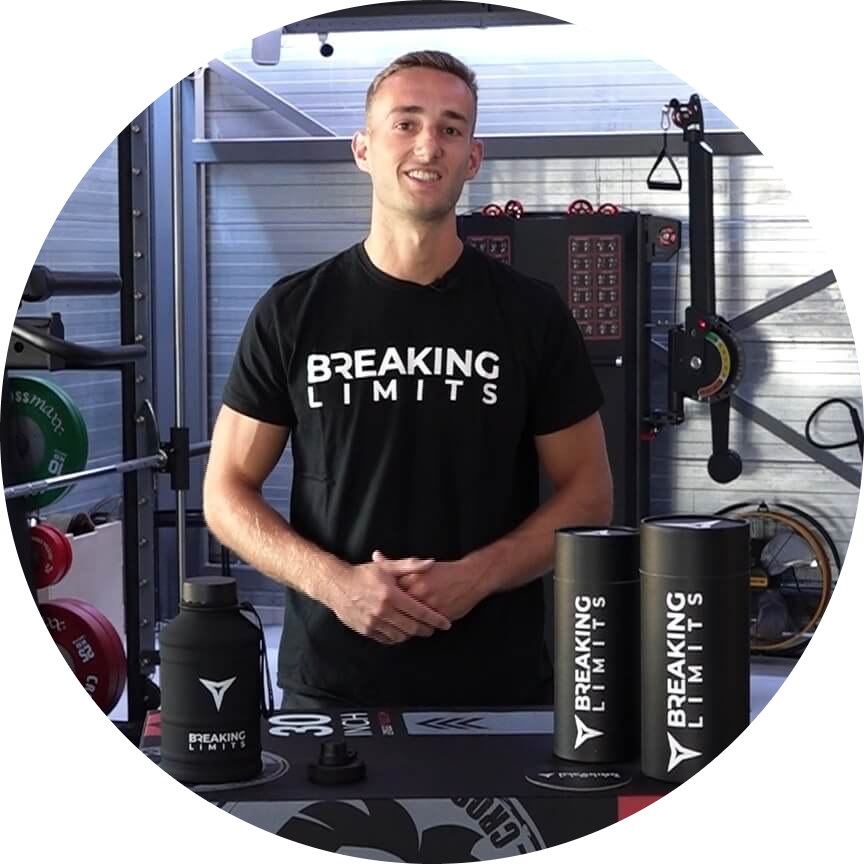
Founder of Breaking Limits
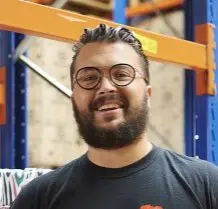


Let's take a better look!
EPR regulations can be different in each EU country. Check the guides below for EPR regulations in a specific country.
EPR guide for Spain
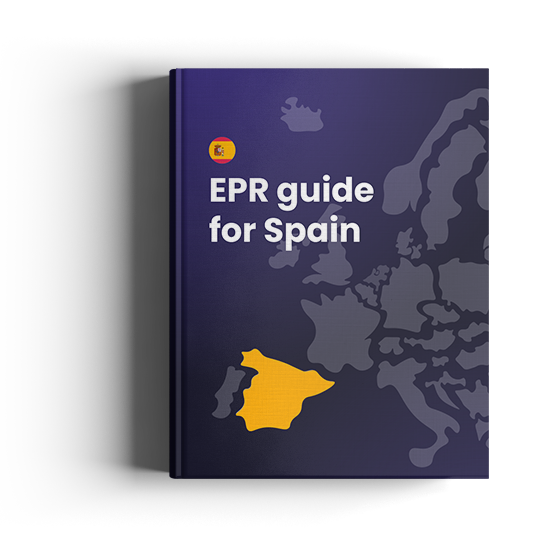
EPR guide for France
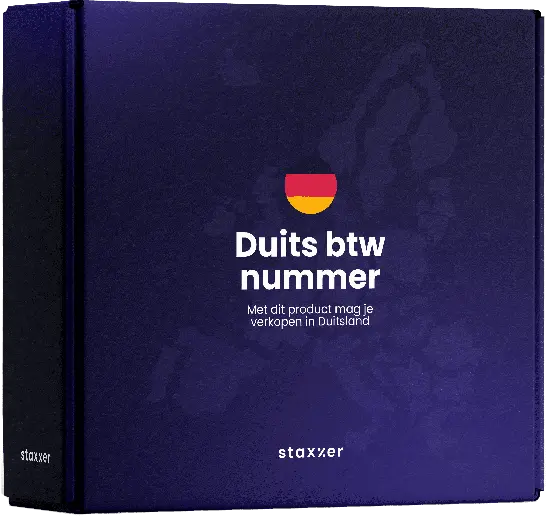
EPR guide for Germany

Do you have a question?
If yours isn’t listed, give us a call.
Want to apply for a European VAT number?
Do you have inventory stored abroad because you sell through Amazon FBA, for example, or use a European fulfillment center? Then you need an European VAT registration in that country! Save yourself the paperwork and let us apply for your VAT registration.
Where can I use the VAT registration?
You can use the VAT number for any business purpose. For example, when selling through Amazon, Bol.com, Shopify or another platform. The number is also valid if you are going to do business locally that requires a European VAT number.
Want to outsource European VAT returns?
If you have a VAT registration abroad, you will also have to file VAT returns there. How often and when to do so, depends on the country. It can be monthly, or quarterly.
We understand that you don’t feel like doing all the VAT administration. So leave it to us: link your sales accounts to Staxcloud, so we can always accurately file your European VAT return. Then you won’t spend any more time on VAT returns.
Want your One Stop Shop (OSS) declaration done?
July 1, 2021, the One Stop Shop went into effect, also known as the One-Stop Shop system. Do you sell more than €10,000.- across borders every year? Through this new regulation, you declare your VAT of all the countries in which you do business at once. If you have all your stock in your country of residence, you no longer need a VAT number in those other countries. In the One Stop Shop declaration, you declare every cross-border sale within the EU.
That involves quite a bit of math. Especially if you sell through multiple platforms! We’ve come up with something on that: you can link all your sales channels (Amazon, Bol.com, Shopify and more) to Staxcloud. This way you always have all your VAT data at hand, and within 5 minutes you have your One Stop Shop declaration arranged. Staxcloud does the calculations, and our Staxxers handle the declaration further. Handy right?
In which countries can you do my VAT?
We can arrange VAT registration for you in any EU country, and do VAT returns for you in any EU country.
Don’t see your country listed on our product page? If so, contact support and we’ll see what we can do.
When do I need a VAT number?
What is the One Stop Shop (OSS)?
Am I required to register for the One Stop Shop (OSS)?
If you send more than €10.000,- annually across borders, you can use the One Stop Shop. Registration is not mandatory, but it makes VAT administration a whole lot easier. After all, you can declare all your sales in one portal, and no longer need foreign VAT numbers if you don’t have stock there.
In addition to One Stop Shop (OSS), do I need another VAT number?
If you declare your VAT through the One Stop Shop, but also have stock in another EU country, you still need a VAT number there. The One Stop Shop is primarily intended for marketplace sellers who ship from their (for example) Dutch stock to other countries. Want to save time and let us do your One Stop Shop declaration?
What about Amazon Pan-European FBA and VAT?
- German VAT number
- Polish VAT number
- Czech VAT number
- French VAT number
- Spanish VAT number
- Italian VAT number
How can I cancel my subscription?
It will be a shame to see you go, but you can always end your subscription. After all, with Staxxer you are not stuck with anything, but simply pay per the work done. That way you always know where you stand.
You can let support@staxxer.com know you want to cancel.
Will my report be filed by a real person or AI?
Staxxers are real people. We speak your language and you can always ask whatever you want.
What are wholesale prices?
These prices are used to calculate movement of goods. This is a price you pay to buy a product, here you can include shipping and other costs, for example.
Wholesale prices are purchase prices. Among other things, these prices are used for VAT calculations of goods movements. A wholesale price is the price you pay to buy a product. You can also add other costs (such as shipping costs). Therefore, wholesale prices are not the same as purchase prices.
What do I need wholesale prices for?
We need the wholesale prices to calculate VAT on movements of goods. For example, when products move from Dutch stock to a German warehouse, this must be declared in your VAT return. These goods have a value, the wholesale price. You enter these in your CPI return.
What are tariff numbers?
A tariff is a tax on imported goods, and the tariff number, also called a tariff code or HS code, gives customs officials more information about what kind of item is being imported. The standard code is a six-digit number, but some countries have codes of 8 or 10 digits.
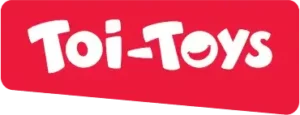





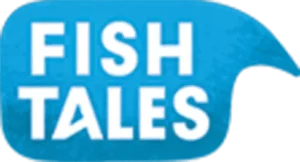
Dealing with EPR registrations
We know it can be a hassle to figure out which EPR registrations you need exactly, since the rules are different in each country.
We’re here to help – talk to one of our experts to find a solution that fits your business.
EPR demo for e-commerce
Want to explore your options? Talk to one of our consultants!

EPR consultant
